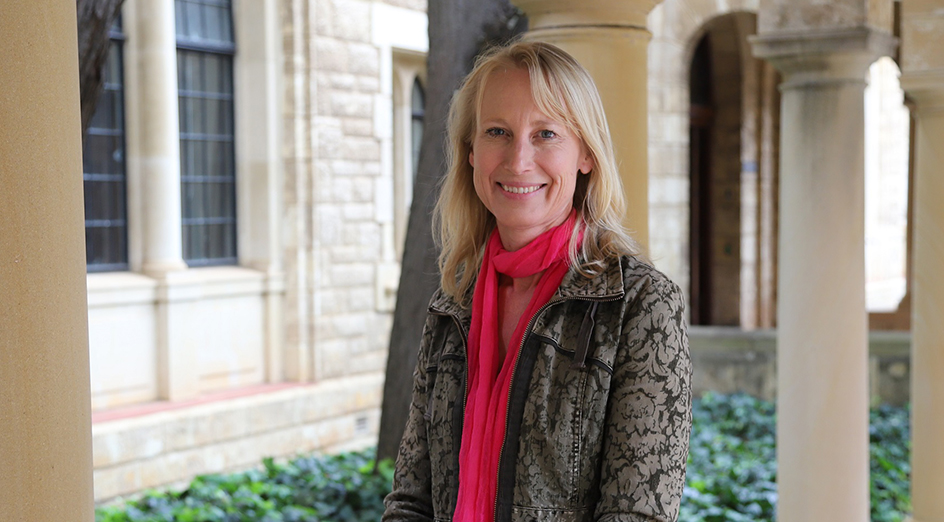
Research led by The University of Western Australia has revealed that climate change, environmental degradation of land and human activity are creating a breeding ground for viruses such as COVID-19 and there may be an even deadlier pandemic on the horizon.
While previous studies have pointed to these risks, scientists say COVID-19 has made it imperative to understand how critical it is to reduce human impacts on the environment – such as the consumption of products associated with increased deforestation and unsustainable agricultural practices – to prevent the occurrence of pandemics,.
Dr Kirsten Martinus from UWA's Department of Geography and Planning said as the global population had rapidly increased in the past 50 years with humans encroaching further into areas of high biodiversity, so had the occurrence of diseases such as Ebola, SARS and COVID-19.
The project drew on the research expertise of Dr Natasha Pauli from UWA's School of Agriculture and Environment and Department of Geography and Planning, Dr Marit Kragt and Dr Asha Gunawardena also from Agriculture and Environment and Professor Jane Heyworth from UWA's School of Population and Global Health.
Dr Natasha Pauli said deforestation and land degradation meant humans and various host species were in closer contact with one another.
"This will make the outbreak of emerging infectious diseases more frequent and more dangerous to humans," Dr Pauli said.
"A virus jumping between species may remain localised and not emerge as a full pandemic. However, our actions combined with climate change are creating conditions where greater crossover between species can occur."
Dr Martinus said the spread of infectious diseases depended on factors such as pathways where diseases could spread from one species to another, education of local populations on how to prevent transmission and cease activities that could contribute to it, the response of people's health systems, and the genetics of the pathogen.
"People tend to think about the emergence of infectious diseases as more likely in specific areas of the world," Dr Martinus said.
"However, with widespread global travel and trade, everyone everywhere is at risk. We are no longer living as isolated populations but in a global network not confined by boundaries, which puts us at greater risk from pandemics than ever before."
Dr Martinus said the COVID-19 pandemic had created an urgency to better understand global drivers and need for change now, in how we balance various land uses and environmental protection.
"It is the responsibility of every individual to understand how they contribute to the drivers of these risks through their consumption choices and work collectively to mitigate them," she said.
"People need to better understand the impact of their consumption decisions. We have separated ourselves from our environment to the extent that we don't feel responsible for the land degradation but our choices really matter.
"COVID-19 highlights that strong economic integration of product value chains can lead to a 'butterfly effect' where a seemingly innocuous consumption choice or action in a small part of the world can lead to devastating consequences at a global level."






